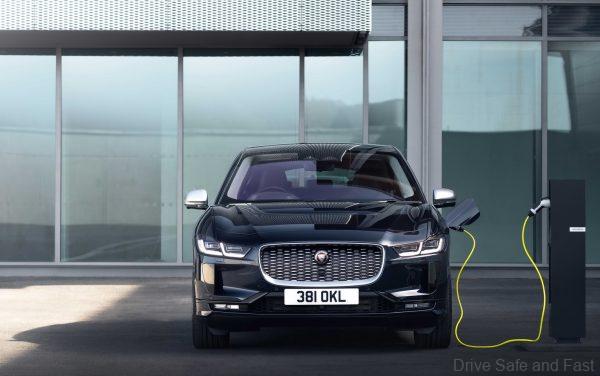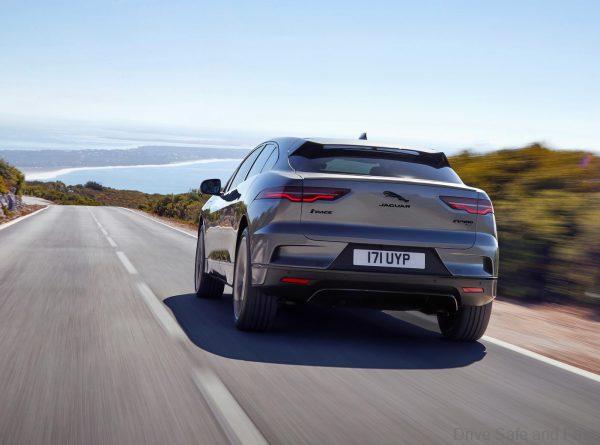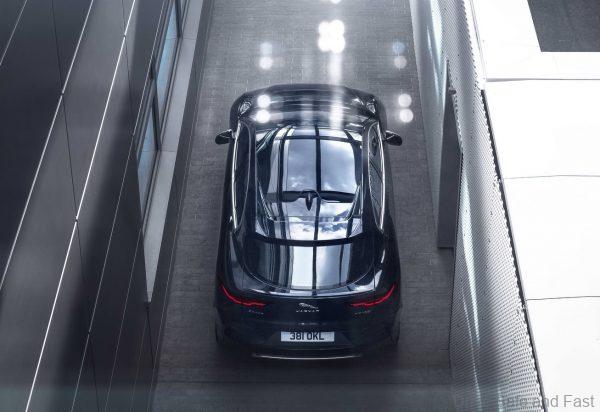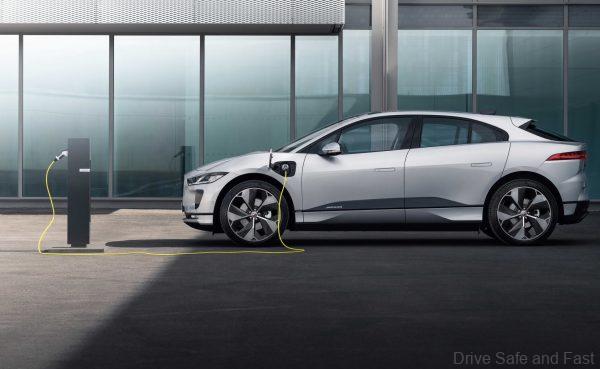First city in the world where all taxis are electric and will only be charged wirelessly.
Norwegian capital Oslo has become the first city in the world where there are wireless charging terminals for electric taximeters hoping to make this process fast enough and efficient to speed up the introduction of non-polluting vehicles for transport public.

The project uses electromagnetic induction charging technology with special plate integrated into the usual parking / parking places of the taxi drivers that will transmit the energy required for battery storage through some receivers installed underneath the machines.

From 2023 and thereafter, Oslo authorities want all taxis in the capital to generate zero emissions, while domestic sales of internal combustion engine vehicles are expected to be phased out throughout the country as early as 2025. Among other nations, Britain and France have similar goals.

This project which was initiated in early 2019 involves the Finman company Fortum, which works with the American company Momentum Dynamics. Clean-energy company Fortum is in cooperation with the City of Oslo.

The project aimed to install wireless charging using induction technology. Charging plates were installed in the ground where taxi are parked and a receiver is installed in the taxi. This allows for charging up to 75 kilowatts. The project was the first wireless fast-charging infrastructure for electric taxis anywhere in the world and it also helped the further development of wireless charging technology for all EV drivers.

The biggest hurdle in the taxi electrification process so far is the incompatible infrastructure, because it takes too long to find a charger, connect the machine to it by a cable and wait for the full load.
The electromagnetic induction charging process is more energy efficient and allows the vehicles to be loaded while moving slowly. Fortum says the system does not consume much power but is capable of charging up to 75 kW.
Norway has the highest electric car ownership rate in the world, partly due to long-term benefits such as free or reduced road taxes, accessible parking and charging points.
The local government also exempts electric vehicles from taxes that apply to traditional vehicles, the amount being quite high in a country that does not have its own car industry.
As at June 2020, Norwegian lawmakers concerned about carbon emissions have mandated the world’s most rapid transition to electric vehicles; now, with generous tax incentives. This oil-rich country has 50 percent battery electric vehicles running on the road compared with only about 2 percent running in the United States.

